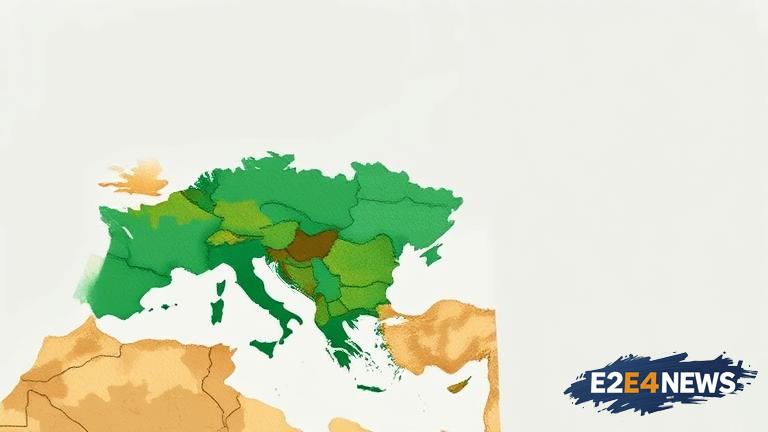Bulgaria’s journey to adopting the euro as its official currency has been a long and complex process. The country has been a member of the European Union since 2007 and has been working towards meeting the necessary criteria for euro adoption. One of the key requirements is to join the Exchange Rate Mechanism (ERM II), which is a precursor to adopting the euro. Bulgaria joined ERM II in July 2020, marking a significant step towards euro adoption. The country has also been working to meet the convergence criteria, which include achieving a high degree of price stability, sound public finances, and a stable exchange rate. In addition to these economic criteria, Bulgaria has also been implementing various institutional and structural reforms to prepare its economy for euro adoption. The Bulgarian National Bank has been playing a crucial role in this process, working closely with the European Central Bank to ensure a smooth transition. The adoption of the euro is expected to have a positive impact on Bulgaria’s economy, including increased trade and investment, improved price stability, and reduced transaction costs. However, there are also potential challenges associated with euro adoption, such as the loss of monetary policy independence and the need to adapt to a new currency. To mitigate these risks, the Bulgarian government has been implementing various measures, including a comprehensive communication campaign to inform citizens and businesses about the changes. The country has also been working to upgrade its payment systems and infrastructure to accommodate the euro. In terms of payment changes, businesses and individuals can expect to see a range of changes, including the introduction of euro-denominated banknotes and coins, as well as changes to payment systems and processes. The Bulgarian government has announced that the official exchange rate between the lev and the euro will be fixed at 1 EUR = 1.95583 BGN. This rate will be used for all transactions, including the conversion of lev-denominated bank accounts and loans. The country has also established a Euro Changeover Board to oversee the transition process and ensure a smooth changeover. The board is responsible for coordinating the efforts of various stakeholders, including banks, businesses, and government agencies. In preparation for the changeover, banks and financial institutions have been working to upgrade their systems and processes to accommodate the euro. This includes the introduction of new payment systems, such as euro-denominated credit and debit cards, as well as changes to online banking and mobile payment systems. Businesses have also been preparing for the changeover, including updating their pricing and invoicing systems, as well as training staff on the new currency. The Bulgarian government has also been working to ensure that the most vulnerable members of society, including pensioners and low-income households, are protected during the transition period. This includes measures such as price controls and subsidies to help mitigate the impact of price increases. Overall, Bulgaria’s adoption of the euro marks an important milestone in its economic development and integration with the European Union. While there are potential challenges associated with the transition, the country is well-prepared to meet these challenges and ensure a smooth changeover. With its strong economy and commitment to reform, Bulgaria is poised to reap the benefits of euro adoption and take its place as a full member of the eurozone. The country’s journey to euro adoption has been a long and complex one, but the end result will be a more stable and prosperous economy, with increased opportunities for trade, investment, and growth. As the country prepares to adopt the euro, citizens and businesses can expect to see a range of changes, from the introduction of new banknotes and coins to changes in payment systems and processes. However, with careful planning and preparation, the transition is expected to be smooth and successful, marking a new era of economic stability and prosperity for Bulgaria.
